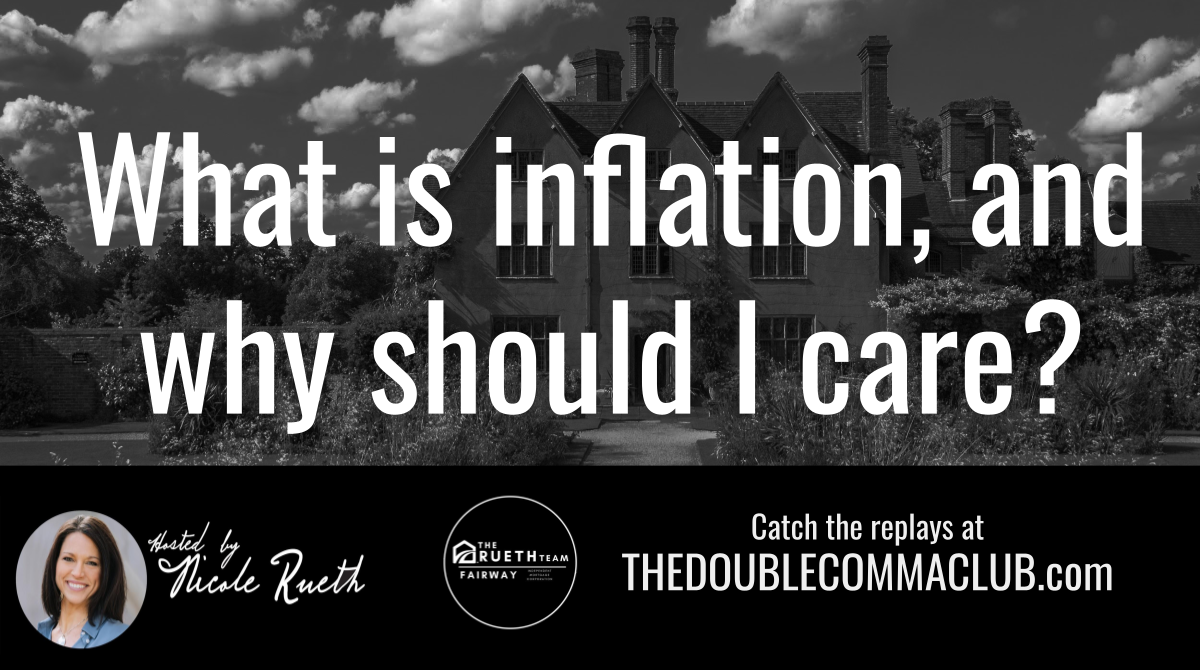Friday May 21, 2021
Inflation Explained to Understand Why It Changes

Headlines regularly push the topic of inflation. We usually know it's bad if it goes up, but why? What causes the change, and what industries are affected by it that will affect my life? These are questions answered in this episode.
So what is inflation? We know it can occur in any product or service including need base expenses and want base expenses. We also know that the Federal Reserve Bank monitors the inflation rates.
The Consumer Price Index (CPI) measures what you and I feel at the grocery store, medical care, etc. Inflation rates have moved from 2.5 to 4.16 which is the largest increase since 2008. Food costs are rising twice as fast as pre-COVID. Retail sales are running out of steam after stimulus monies have been spent and sticker shock is settling in. This also pushes interest rates up.
Could we see them drop slightly in Fall, possibly? Depends on wage inflation and the price of raw materials.
A more formal definition of inflation is that inflation is the decline of purchasing power of a given currency over time. An educated estimate of the rate at which the decline in purchasing power occurs can be reflected in the increase of an average price level of a basket of selected goods and services in an economy over some period of time. The rise in the general level of prices, often expressed as a percentage, means that a unit of currency effectively buys less than it did in prior periods. Nutshell? Your money is worthless and it will take more of it to buy the same things.
Inflation can be contrasted with deflation, which occurs when the purchasing power of money increases and prices decline. Not as common, but it does happen.
Tune in to this 6 minute episode from Nicole Rueth, at the Rueth Team Fairway Mortgage in Colorado.
No comments yet. Be the first to say something!